Cancer Counsellor Bincy Mathew shares her top ten recommendations for cancer patients.
When you are diagnosed with cancer, you might suddenly find yourself facing a range of multiple, complex emotions. No one gets enough time to ease into this situation. It will seem like it is only getting tougher with each step.
The first and foremost thing to understand here is this: the pressure you feel is ‘real’, but it is also quite ‘normal’ and you have to go through this phase initially.
Asking for help and accepting assistance from friends and family is an important part of coping with stress. The human mind is capable of adapting to any tough situation if we act accordingly, and we will be able to turn the situation around!
Many variables such as our temperament, personality, beliefs, values, the way they look at the world, attitude and mindsets can influence us to adapt and help to cope with the situation.
Studies have shown that a patient who receives good quality care and social support is more likely to adapt to these challenges faster.

Once we start focussing on the right things, we will start noticing the results, and that will further strengthen our confidence. This confidence and hope can work as an amazing fuel that can make a positive difference.
Know the Warning Signs
It is common to feel stress and a lot of tension during the cancer journey. The level of stress will differ from person to person. Some of the common feelings experienced during this time are shock, denial, anger, sadness, pain, guilt, numbness and depression.
When these emotions increase quickly over a short period of time, you may have trouble sleeping, eating and it may start interfering with your ability to do your daily tasks.
Here are some warning signs that inform you that your emotions are affecting you in a severe way:
- Having continuous negative thoughts
- Feeling of nervousness or as if you are sitting on the edge
- Unable to sleep or eat properly (eating too little or too much)

- Not being your usual self
- Strong self-harming tendencies
- Unable to withdraw from habits such as smoking, alcohol intake (unhealthy coping)
- Finding it difficult to make simple decisions
For caregivers, the above signs help you know if your loved one needs help.
If the patient is experiencing symptoms such as nausea, pain, fatigue, it is important to identify that and offer support for their distress associated with the physical problems
Many cancer survivors experience anxiety during the cancer diagnosis anniversary or when they go for annual checkups. Sometimes, there could be a fear of cancer recurrence even post-cancer treatment.
It is important to feel connected, and to realise when it is time to get help.
During these times you need to organise your feelings, gather a lot of information, and establish a good circle of relationships.
Although the medical team often talks about emotional wellbeing, it is important to refer to a counsellor or a psychologist in case you need emotional support.
Everybody needs help in some way when they are diagnosed with cancer. There could be informal help from friends and family, or formal assistance that one can get from trained counsellors and psychologists.
There is much scientific evidence that supports psychological intervention to help cancer patients with distress, depression and anxiety with short or long therapies based on their requirement.
Ten Do’s for Cancer Patients
1. Say “No” when your body says “No”

Sometimes your body may feel tired, but you may feel like doing certain activities. In such cases, just try to listen to what your body says.
2. Cry if you feel like crying
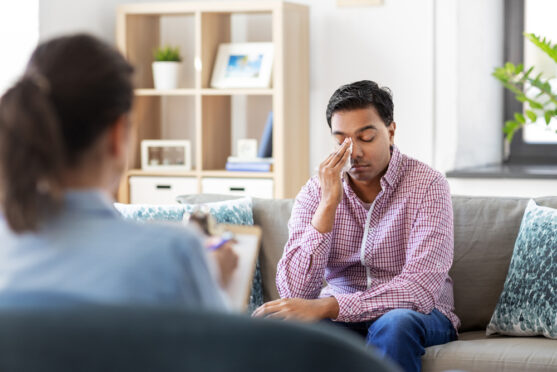
Many cancer patients mentioned that once they vent out their feelings through crying they often feel better.
3. Accept the change
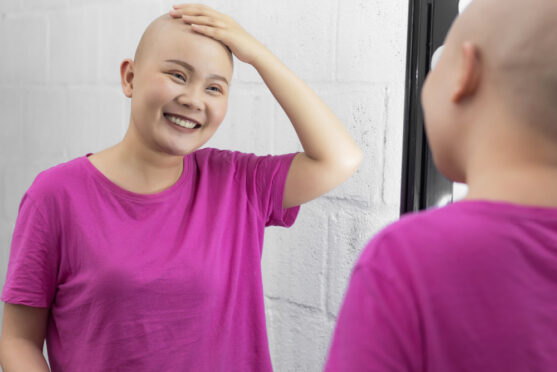
Realistically assess what you have to give up now and work on letting go, so you can make room for a new way of life. Recognise and accept it.
4. Find a way to cope

Rely on ways of coping that helped you to cope with stress previously. Everybody has different styles of coping. Some cope by listening to music, or watching something on the Internet or TV. Others may cope better by talking to others. Try to recall how you cope with a difficult situation previously and adopt those styles when there is a stressful situation.
5. Take it one day at a time
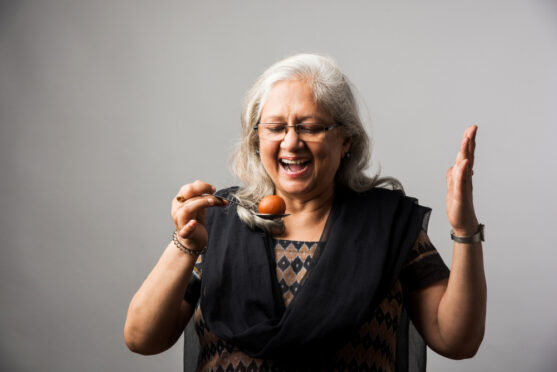
Many patients and their caregivers develop deep cravings to know their future rather than being in the present moment. It only spoils the quality of life in their present-day. Coping with cancer is always easier when we take one day at a time, and value our present moment.
6. Clear your medical doubts
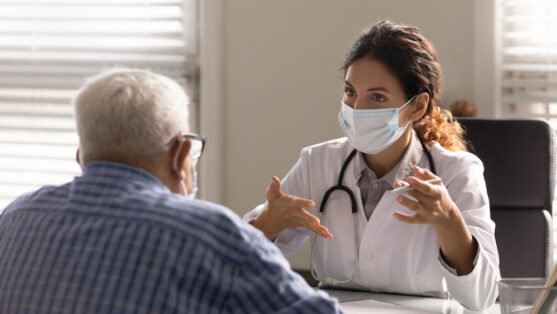
Do clear out all your questions and doubts about the cancer treatment with your medical team. They are the best resources to learn about your medical condition. Find a doctor who lets you ask all the questions, and it is always good to go for a second opinion to be sure. If you need a second opinion, you can call our care manager on 79965 79965 to discuss it further.
7. Find relief

Use activities that help you gain control over your worries. These include relaxation therapies, breathing exercises etc. You just need to find the way that works for you and that will change the game for good.
8. Reconnect with your faith
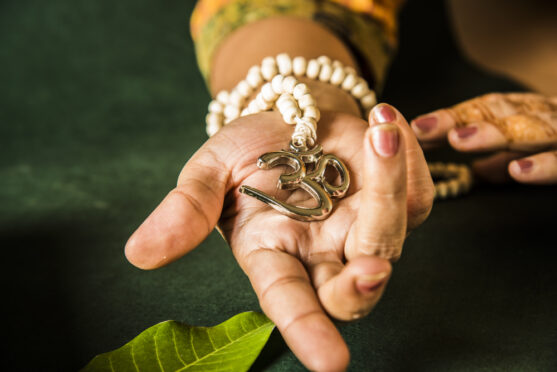
Reevaluate your religious and spiritual belief systems after the cancer diagnosis. Sometimes you may have a broken relationship with your belief system and re-explore it might help.
9. Keep a diary

Keep a personal note or diary to note down all your doubts and queries. And take that with you during the next visit to the hospital.
10. Stay involved in your treatment
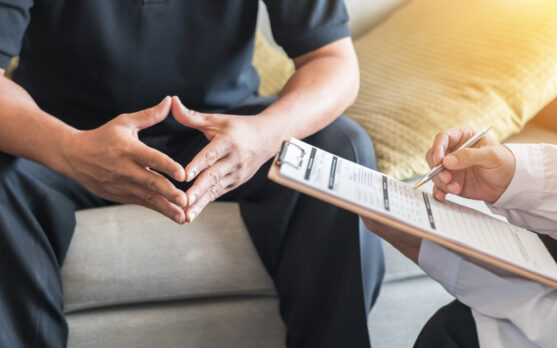
Make informed, shared treatment decisions with your doctor regarding a proposed plan of care. You have every right to be involved in making decisions about your treatment.
Ten Don’ts for Cancer patients
- Don’t abandon your on-going medical treatment in favour of alternative or complementary therapies without the knowledge of your clinical team.
- Don’t keep your worries and feelings secret from people who are closest to you. It is really important to discuss it with them at the right time.
- Don’t hesitate to talk about your emotional health and opt for counselling when you feel the need.
- Don’t suffer in silence. Seek help from various resources that are available today. There are a lot of online initiatives that are present these days where the patient can get emotional support.
- Don’t feel guilty if you cannot be positive all the time. People tell you to stay positive during these tough times but it is not that easy to stay positive all the time.
- Don’t blame yourself for your cancer diagnosis. You are not the reason for your cancer diagnosis. Even if you have been involved in risky behaviours such as smoking and alcohol abuse, being diagnosed with cancer is not your fault.
- Don’t believe that cancer invites early death. Due to advancements in cancer treatment, we have so many options to treat the disease successfully. The number of cancer survivors is only increasing with time.
- Don’t spend your valuable energy thinking about how others view your medical condition. In our society, there are many unfounded myths and misconceptions about cancer. How others see you really does not matter right now.
- Don’t forget to thank your caregivers. It is really important to show how much you are grateful to them and sometimes the smallest gestures have the greatest impact.
- Don’t focus only on cancer. Remember to focus on your overall well being and continue to do things that make you happy.
You can read more about what ‘Quality of life’ means for cancer patients here.

